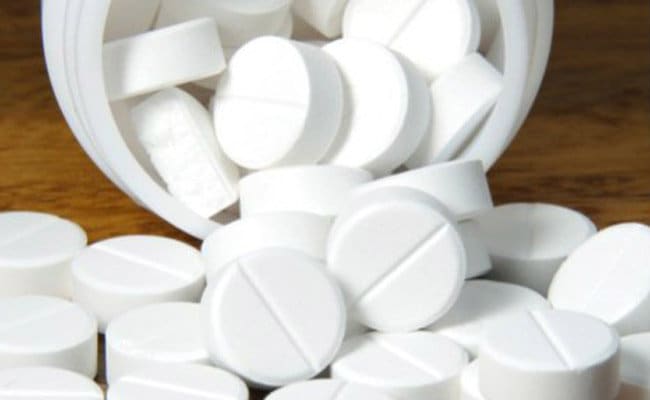
Researchers have found a way to make an existing drug used to treat breast, lung and pancreatic cancers effective in small dosage. (Representational Image)
New York:
Researchers have found a way to make an existing drug used to treat breast, lung and pancreatic cancers effective in small dosage, thereby reducing its usage and associated side effects in course of the treatment.
The scientists packaged the drug paclitaxel in containers derived from a patient's own immune system, protecting the drug from being destroyed by the body's own defences and bringing the entire payload to the tumour.
"That means we can use 50 times less of the drug and still get the same results," said one of the lead researchers Elena Batrakova, associate professor at University of North Carolina at Chapel Hill, US.
"That matters because we may eventually be able to treat patients with smaller and more accurate doses of powerful chemotherapy drugs resulting in more effective treatment with fewer and milder side effects," Batrakova noted.
The findings were detailed in the journal Nanomedicine: Nanotechnology, Biology and Medicine.
Paclitaxel is a potent drug used in the United States as a first- and second-line treatment for breast, lung and pancreatic cancers.
It can have serious and unpleasant side effects, such as hair loss, muscle and joint pain and diarrhea, and it can put patients at greater risk of serious infection.
The work is based on exosomes, which are tiny spheres harvested from the white blood cells that protect the body against infection.
The exosomes are made of the same material as cell membranes, and the patient's body does not recognize them as foreign, which has been one of the toughest issues to overcome in the past decade with using plastics-based nanoparticles as drug-delivery systems.
"Exosomes are engineered by nature to be the perfect delivery vehicles," Batrakova said.
"By using exosomes from white blood cells, we wrap the medicine in an invisibility cloak that hides it from the immune system. We do not know exactly how they do it, but the exosomes swarm the cancer cells, completely bypassing any drug resistance they may have and delivering their payload," Batrakova explained.
The researchers found the therapy effective in mouse models of drug-resistant lung cancer.
The scientists packaged the drug paclitaxel in containers derived from a patient's own immune system, protecting the drug from being destroyed by the body's own defences and bringing the entire payload to the tumour.
"That means we can use 50 times less of the drug and still get the same results," said one of the lead researchers Elena Batrakova, associate professor at University of North Carolina at Chapel Hill, US.
"That matters because we may eventually be able to treat patients with smaller and more accurate doses of powerful chemotherapy drugs resulting in more effective treatment with fewer and milder side effects," Batrakova noted.
The findings were detailed in the journal Nanomedicine: Nanotechnology, Biology and Medicine.
Paclitaxel is a potent drug used in the United States as a first- and second-line treatment for breast, lung and pancreatic cancers.
It can have serious and unpleasant side effects, such as hair loss, muscle and joint pain and diarrhea, and it can put patients at greater risk of serious infection.
The work is based on exosomes, which are tiny spheres harvested from the white blood cells that protect the body against infection.
The exosomes are made of the same material as cell membranes, and the patient's body does not recognize them as foreign, which has been one of the toughest issues to overcome in the past decade with using plastics-based nanoparticles as drug-delivery systems.
"Exosomes are engineered by nature to be the perfect delivery vehicles," Batrakova said.
"By using exosomes from white blood cells, we wrap the medicine in an invisibility cloak that hides it from the immune system. We do not know exactly how they do it, but the exosomes swarm the cancer cells, completely bypassing any drug resistance they may have and delivering their payload," Batrakova explained.
The researchers found the therapy effective in mouse models of drug-resistant lung cancer.
Track Latest News Live on NDTV.com and get news updates from India and around the world

